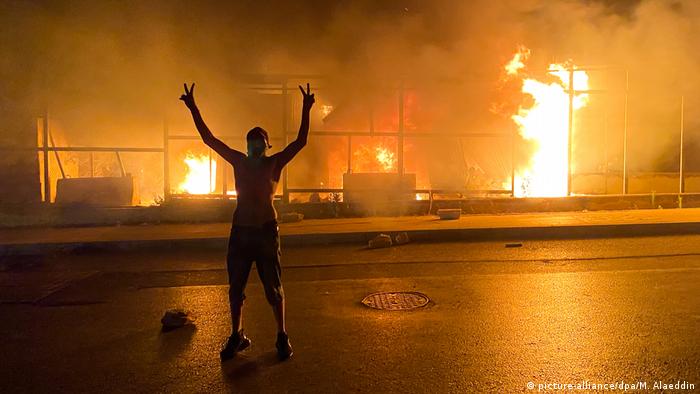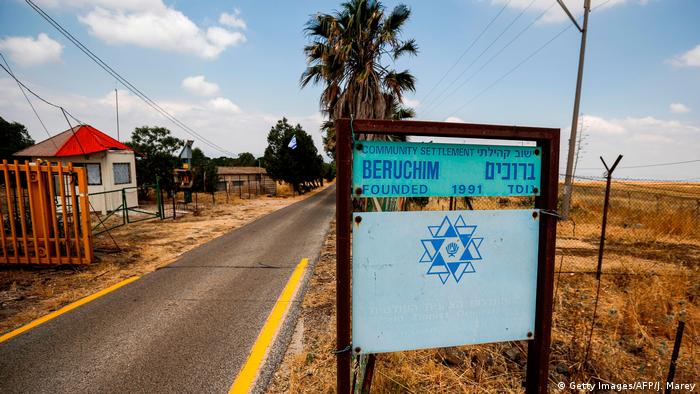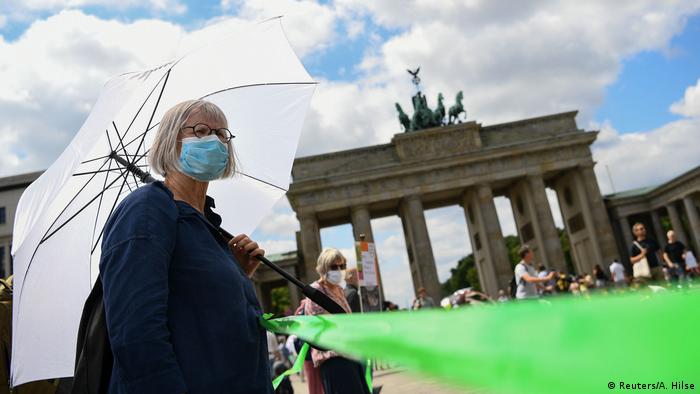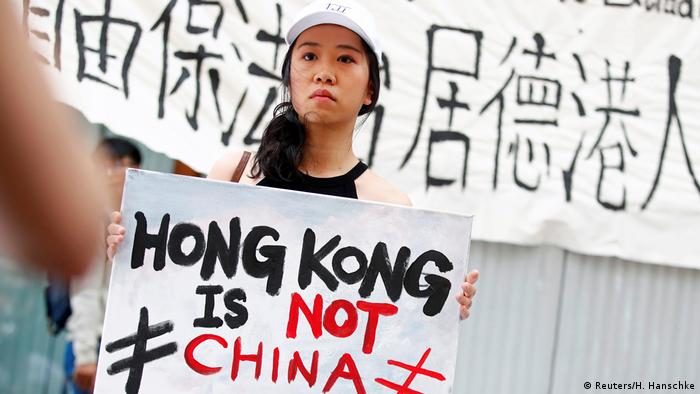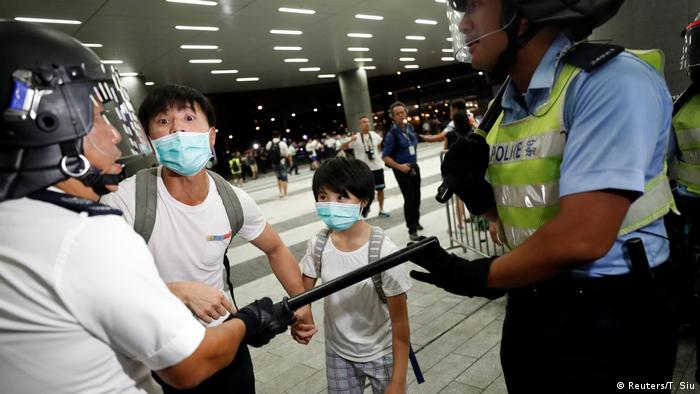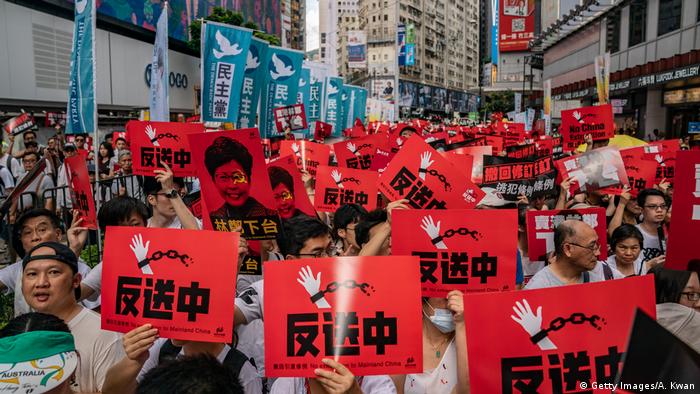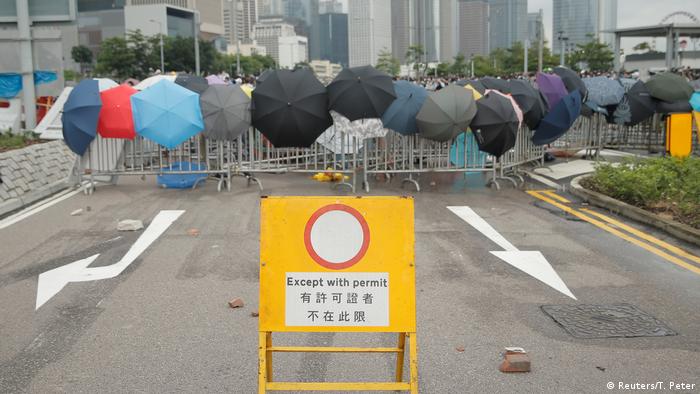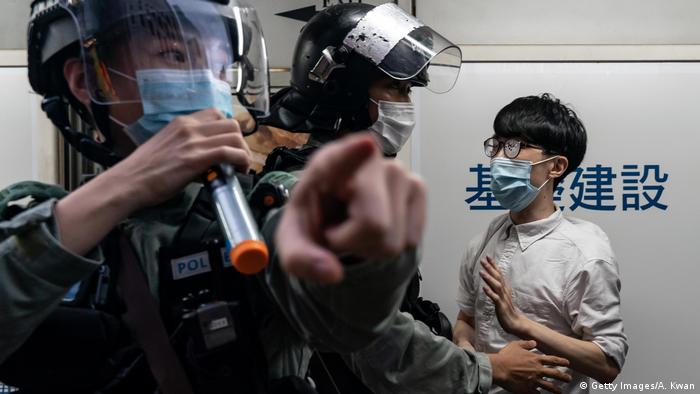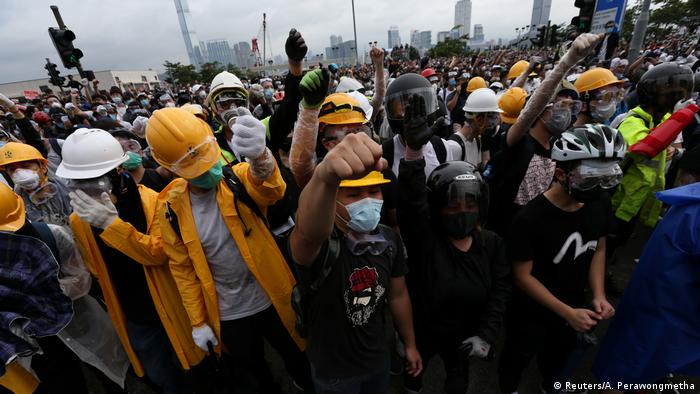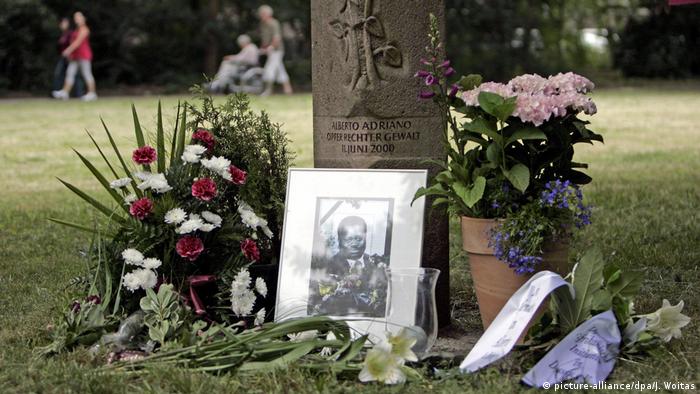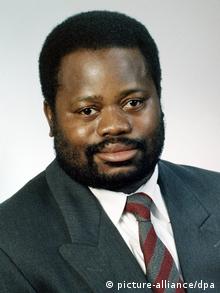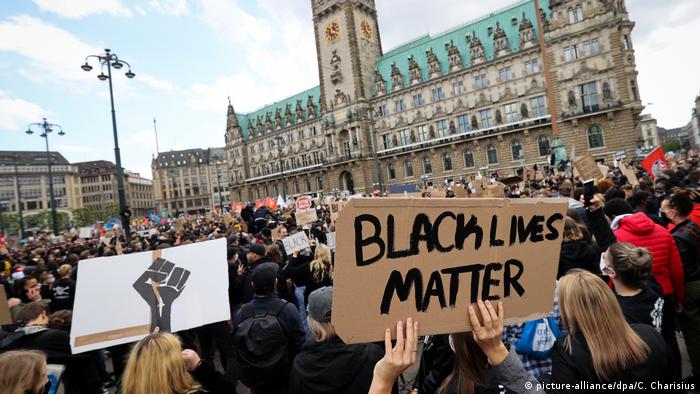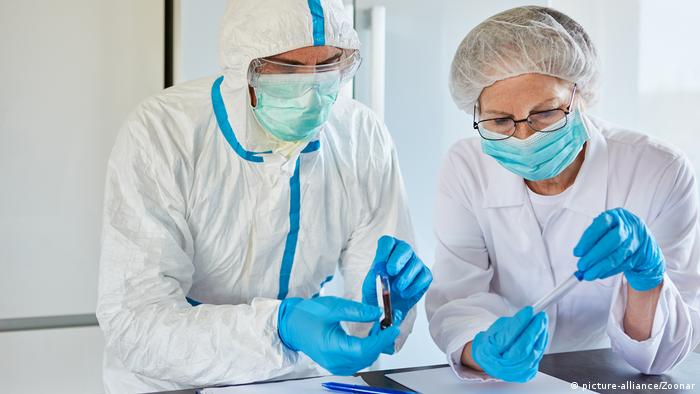‘Extraordinary’ trial expected as Covid-19 victims take French state to court
Issued on: 14/06/2020

The Court of Justice in Paris. AFP - PHILIPPE LOPEZ
Text by:Aude MAZOUE
As France’s coronavirus epidemic abates, for now at least, legal proceedings against public authorities are being filed across the country as people argue that the illness or grief they suffered could have been avoided
]More than a hundred criminal complaints have been filed across France for “involuntary homicide or injury”, “endangering the lives of others” or “voluntary abstention from fighting a disaster”, coming from the families of deceased loved ones, mayors, unions and patients’ associations.
“The phone just keeps on ringing,” said a spokesperson for AVCCD France, a group representing Covid-19 victims in the country. “We’ve collected dozens of testimonies from victims over the past few days” – about 60, in total. “And we’ve only just started!”
In response to this influx of criminal complaints, Paris prosecutor Rémy Heitz announced on June 8 the opening of a vast investigation into the much criticised handling of Covid-19 in France that will supplement MPs’ investigations in a parliamentary commission tasked with getting to the bottom of what mistakes were made. Describing it as a “historic situation”, Heitz noted that it is the “first time that lawsuits have been filed while the crisis is still in full swing”, unlike in previous public health cases such as those over asbestos and contaminated blood, when “justice was served well after the fact”.
The consequent trial promises to be “extraordinary”, added Hervé Banbanaste, the lawyer for the Association of Covid-19 Victims for Help and Compensation (Avaic19).
GPs ‘denied face masks’
This trial could take “between five and seven years”, said Fabrice Di Vizio, a lawyer representing coronavirus victims’ groups the C19 Collective and AVCCD France. “But it’s important that the trial takes a long time, because we’ve got to understand the responsibilities of each actor in the health sector. It’s painstaking work, but it’s the price we pay for getting to the truth”.
Numerous complaints have been directed at Jérôme Salomon, France’s Director General of Health and a prominent figure in the media over the course of the epidemic. The French Chamber of Pharmacists and government bodies such as Public Health France, Regional Health Agencies and the prison administration are also targets.
But France’s nursing homes were the first to be singled out – unsurprisingly, seeing as over 9,700 of their residents succumbed to the coronavirus, more than a third of the French death toll. As the number of criminal complaints snowballed, families formed an association called Collectif 9,471, with the number referring to the death toll in nursing homes on May 5, 2020, the day the association was created.
Relatives of health workers who died of Covid-19 are among the complainants.
These include the widow of Ali Djemoui, a GP who worked in the Paris suburb of Champigny-sur-Marne. The 59-year-old died on April 2 after seeing nearly 1,400 patients in one month, at the rate of 60 a day, six days a week. “At the end of February the government claimed that GPs were not in contact with Covid-19 patients, but in fact Dr Djemoui had to work with patients who were coughing,” Di Vizio said.
“Between late February and mid-March, GPs were denied the face masks they needed,” Di Vizio continued. He also decried the fact that the Chamber of Pharmacists did not give instructions to import face masks at the time to deal with severe shortfalls.
Anger over March local elections
Djemoui’s widow wants to bring to justice those she sees as responsible for her husband’s death: the French state, the General Directorate of Health, Regional Health Authorities and the Council of Pharmacists. “I’m waiting for the justice system to recognise the state’s responsibility for failing to protect my husband,” she said. “I’m doing it to honour his memory and his profession, which he adored.”
France’s professional association for doctors estimates that around thirty of the country’s GPs have died of the coronavirus. GPs have accused Health Minister Olivier Véran of betraying his promise to equip them with the high-grade FFP2 masks, which experts recommend for workers on the frontline. Consequently, some thirty doctors in the C19 Collective have filed complaints at France’s Court of Justice. They question whether the authorities ever ordered protective equipment supplies for frontline workers and are demanding proof. Police unions have also filed complaints arguing that the authorities did not do enough to protect officers in contact with the public.
Others have brought legal proceedings against the government for holding the first round of France’s local elections on March 15, despite it being clear that the virus was surging through the country by that point. Chafia Zehmoul, an independent candidate for a seat in the Lyon suburbs, is the first elected official to have filed a complaint against the government over its handling of the coronavirus. “I was totally in the zone, campaigning all-out – shaking hands, kissing people,” she said. “The day after the election, I didn’t hear back from some of the members of my campaign team. I found out that they were in hospital. Two of them died; two of their family members also died. I was shocked.” Since then, Zehmoul helped found Avaic19.
“None of these complaints are political,” Di Vizio said. “It’s just a matter of finding out the truth and protecting the rights of victims.”
This article was translated from the original in French.
 Issued on: 15/06/2020 -Turkish fighter jet taking off from Incirlik air base, le 28 juillet 2015. STR, AFP
Issued on: 15/06/2020 -Turkish fighter jet taking off from Incirlik air base, le 28 juillet 2015. STR, AFP

